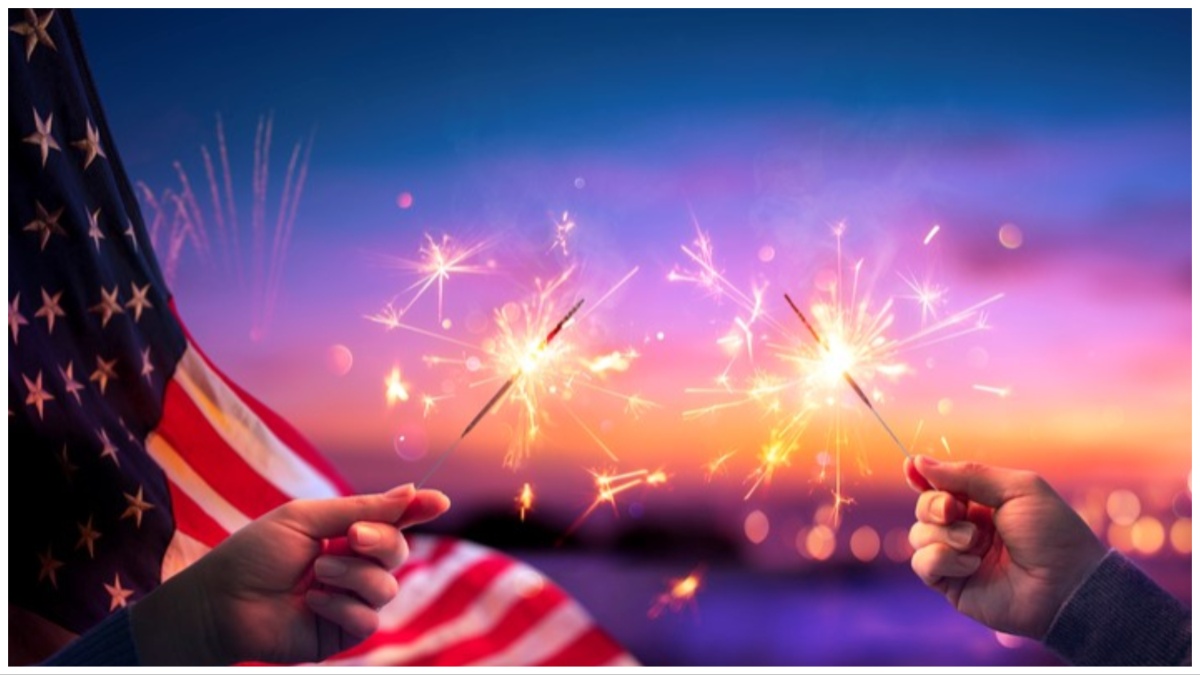As we approach one of the most widely-celebrated holidays in the United States, it’s easy for us to simply “remember” the importance of our liberties and – more importantly – those who have served and given the ultimate sacrifice to preserve said liberties.
Just as it’s easy for us to pen a similar-sounding tribute every year, it’s just as easy for us to grow numb to it. That’s not to say that the message is incorrect or played out, but when the same lines are recycled year after year, it’s no surprise that, to some people, they lose their highly-respectable and intrinsic values.
That’s why stepping back and putting our current situation as a country in perspective can help breathe some life back into words that should never be dead.
Due to heavy regulation, laws, bans, requirements and documentation, it sometimes feels unfair to consider ourselves a totally “free nation.” While no nation can be completely “free,” lest we risk anarchy, there are some aspects of modern American culture that just make us think: How did we get here?
Why do I have to show my passport to get a two-hour domestic flight to Chicago? Why do I have to pay taxes on already-taxed property that I inherit from my predecessors? Why do I have to “shut up and listen” to the “experts” regarding largely fluid and debatable topics such as science and public etiquette, while also saying “no” to the establishment regarding more concrete subjects like history and civics?
In many cases, the answer? The voter. Voting is a great right that not every country is allowed to exercise. From your local town council to the Oval Office, we’re all obviously allowed to participate in the conversation. The problem is when people no longer realize what they’re voting for, nor the precedents they set by doing so.
Highly-divisive, reactionary politics guides voters like blinders do a horse. We’re only concerned with preventing someone from taking office because of what he or she might have said that one time, rather than understanding the bigger picture.
“Why should I care about what he or she does in his spare time? It doesn’t affect me!”
This is a common clause we hear ad nauseam, and while it’s a mostly innocent observation that doesn’t apply to most lifestyles, it’s innocuous enough that we can easily tune it out and passively accept it as good social etiquette. We’re too afraid to take the blinders off to truly understand the words we speak and share anymore. We’re too afraid of violating recently instilled social mores, to which the vast majority of us did not agree to instill in the first place.
Those who spend their time working, advancing their careers, being parents, spending time with significant others, traveling, and enjoying every bit of life they can are generally not going to reconsider storied social commentary. That is, until they suddenly no longer recognize the world in which they grew up.
It didn’t get that way overnight, and it didn’t get that way violently. We have slowly become complacent enough where a near 50% total taxation does not inspire us to call a Convention of States; where the schools are on fire and our solution is to throw more children inside, where the only logical response to a pandemic is to fire the nurses brave enough to fight it.
In the United States, complacency is one hell of a sedative.
This Independence Day, let’s think big-picture and long-term on our decisions, not only so that the typical July 4th social media post doesn’t lose its luster, but also so that those who valiantly sacrificed all might not lose their ultimate purpose.
The Messenger thanks all the men and women who selflessly serve, who have served, and have given all to serve. Your sacrifices will not be forgotten.







